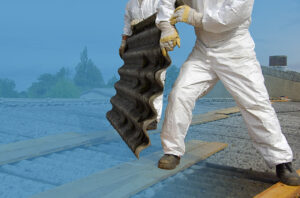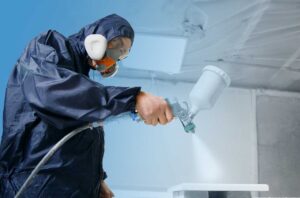A recently published study by Dutch researchers assessed a number of behavioural and physical features such as nose picking, nail biting, wearing glasses, having a beard, and the risk of Covid infection among health workers.
The study involved measuring Covid specific antibodies alongside a survey of behavioural and physical features at two university medical centres in the Netherlands. A total of 219 participants responded to the survey with the following results:
- 85% admitted to nose picking at least incidentally on either a monthly, weekly, or daily basis
- 17% of those who admitted to nose-picking tested positive for Covid
- While only 6% of those who said they did not pick their nose tested positive for Covid
The research concluded that nose picking results in an increased risk of contracting a Covid infection. In particular, the researchers emphasised that the role of nose picking in spreading the virus is likely to be underestimated, especially as Covid transmission between health care workers has been a key issue. In comparison, it was found that nail biting, having a beard, and wearing glasses did not affect the likelihood of contracting the Covid virus.
The research goes on to explain that the nose is one of the primary routes for coronaviruses to get into the body, with nose picking making it easier for Covid particles to spread from the hands to the nose. Additionally, this increases the risk of health care workers spreading the particles to surfaces and contaminating areas, creating a risk of further transmission and potentially infecting others.
To combat the risks of nose picking, the researchers recommend the creation of educational sessions or the inclusion of recommendations against nose picking in infection prevention guidelines.
The article “Why not to pick your nose: Association between nose picking and SARS-COV-2 incidence, a cohort study in hospital health care workers” was published in PLOS One Journal.
If you have any questions or would like support with managing issues at your workplace, please speak to your usual contact or get in touch using the form below.

New rules for providers of social housing in England

Small but mighty – working safely with nanomaterials

Do you have a MEWP rescue plan?

Changing the asbestos control regime

HSE Launch Motor Vehicle Paint Spraying Campaign
